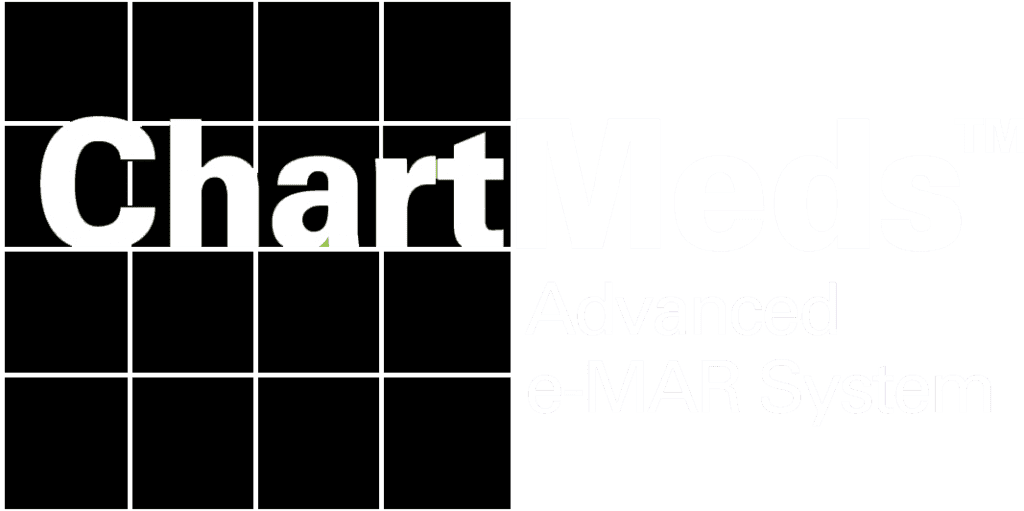The healthcare landscape is experiencing a fundamental transformation from a disease-centric to a patient-centric approach. This shifting perspective encapsulates the need for a comprehensive approach to healthcare that extends beyond treating individual ailments.
This comprehensive approach, often called “whole person care,” treats the patient holistically, addressing their physical, mental, and social health. It is within this realm of “whole person care” that integrative health finds its place, offering a promising strategy for healthcare administrators to elevate the efficacy of their operations.
A Deeper Explanation of Integrative Health
At the core of the patient-centric healthcare model lies integrative health – a practice that aims to deliver a comprehensive health and wellness approach through the whole treatment cycle and beyond.
Integrative health encompasses all therapeutic and lifestyle strategies, employs a multi-disciplinary team of healthcare and behavioral health professionals, and is dedicated to achieving optimal health and healing. It treats the individual as a whole and addresses all influencing factors from lifestyle choices to mental health.
Benefits of Integrative Health
Integrative health plays an instrumental role in enhancing patient care by offering personalized treatment plans, designed to cater to the unique needs of each patient. This personalized care approach enhances patient satisfaction by delivering more empathetic and comprehensive care.
Furthermore, by addressing the root cause of ailments and focusing on prevention, integrative health can also lead to cost savings. By treating the root causes of illnesses, this approach can prevent health complications down the line, which can, in turn, reduce healthcare costs in the long term.
The Role of Software Technology in Integrative Health
Software technology serves as a powerful tool in supporting the integrative health approach and whole person care. It serves as a bridge, connecting different aspects of healthcare services and ensuring a seamless patient experience.
Electronic Health Records (EHR)
Electronic Health Records (EHRs) collate patient data from various healthcare services, offering a holistic view of the patient’s health, which can then be shared among authorized parties. By providing access to comprehensive patient information, EHRs enable healthcare providers to make informed decisions about a patient’s treatment plan, taking into account all relevant health factors.
Billing Software
Billing software plays a vital role in providing an integrated healthcare experience. By consolidating patient charges from various departments, billing software offers a unified and streamlined patient billing experience. This seamless process can also support cost tracking and ensure that healthcare services are appropriately accounted for, contributing to operational efficiency.
Beyond the financial aspects, the process efficiency provided by a unified billing system can also contribute immensely to whole person care. With a detailed record of each treatment provided on a single record, it can also be cross-referenced with any EHR records to help ensure that no duplicate treatments or procedures were performed.
Revenue Cycle Management
Revenue cycle management supports comprehensive tracking of patient encounters from the initial contact through to the final billing stage. This holistic approach ensures that no aspect of patient care falls through the cracks, reinforcing the implementation of a seamless, integrated healthcare journey for patients.
Enterprise Resource Planning (ERP)
Adding another pivotal tool to the software technology suite, Enterprise Resource Planning (ERP) systems play a crucial role in fostering the integrative health approach. ERP systems are comprehensive software platforms that integrate various business functions into one solution.
In the context of healthcare, ERP systems can consolidate and streamline various operational processes, from procurement and inventory management to human resources and financial management. These systems provide a cohesive and complete view of the healthcare organization’s operations, leading to improved decision-making and enhanced operational efficiency.
By eliminating data silos, fostering inter-departmental collaboration, and automating routine tasks, ERP systems can help healthcare administrators achieve a seamless integration of services, promoting whole person care.
Implementation Strategies for Integrative Health Practices
Adopting integrative health practices into existing systems requires strategic planning and execution. Here are some strategies that healthcare administrators can apply to enhance their service delivery.
Integration Strategies
Identifying the appropriate technology solutions is the first step towards integrating integrative health practices. Selecting suitable EHR systems and billing software tailored to your organization’s needs can significantly enhance operational efficiency and patient care. Additionally, implementing regular training programs for staff can promote understanding and effective use of these new systems and procedures.
Overcoming Implementation Challenges
Incorporating integrative health practices undoubtedly offers significant benefits. However, one must also acknowledge the potential hurdles that may arise during the implementation process.
The initial challenge could be resistance from the staff. Changes in operational procedures may meet with opposition, as it requires adapting to new ways of doing things. Staff members may have apprehensions about the increased complexity or potential inefficiencies of new systems. Overcoming this resistance requires proactive communication and clear explanations of the benefits and improvements the new practices will bring.
Another challenge might be the increased upfront costs of new systems. Integrative health technologies, such as EHRs, billing software, and ERP systems, may necessitate a substantial initial investment. However, it’s important to view these costs as investments that will yield returns in enhanced patient satisfaction and operational efficiencies. To effectively manage costs, strategies such as budget planning and phased implementation can be useful. Additionally, requesting subscription-based pricing from the vendor can help reduce upfront expenses.
A third possible obstacle could be the pushback from patients. Those accustomed to traditional healthcare models might be hesitant to embrace this new approach. It becomes crucial, then, to educate patients about the benefits of integrative health. Demonstrating how it provides a more personalized and holistic treatment plan can help alleviate concerns and foster acceptance of this new model.
Addressing these challenges through open dialogue, staff education, financial planning, and patient outreach is key to a smooth transition. Despite these hurdles, the benefits of implementing integrative health practices significantly outweigh the challenges, making the endeavor worthwhile.
Get the Right Software to Support Your Healthcare Organization’s Whole Person Care Operations
The shift to patient-centric healthcare has illuminated the importance of integrative health practices in delivering comprehensive, whole person care. By embracing these practices, healthcare administrators can elevate their service delivery, enhance patient satisfaction, and potentially save costs in the long run.
Implementing these practices, while potentially challenging, can be achieved with careful planning, staff training, and strategic use of technology. Although it may necessitate initial investment and changes in traditional operations, the long-term benefits for patient care and operational efficiency make it a worthwhile endeavor.
As the healthcare landscape continues to evolve, staying ahead of the curve is crucial. By leveraging integrative health practices, healthcare administrators can ensure their operations align with the current shift towards whole person care, ultimately benefiting both the healthcare providers and the patients they serve.
If you are ready to make the shift to whole person care at your healthcare organization, the Integrative Platform is for you. With a complete solution for administrators to support a holistic care infrastructure, you can leverage our software to streamline operations, information sharing, and make more informed decisions that benefit your patients.
To get started, request a demo today.









